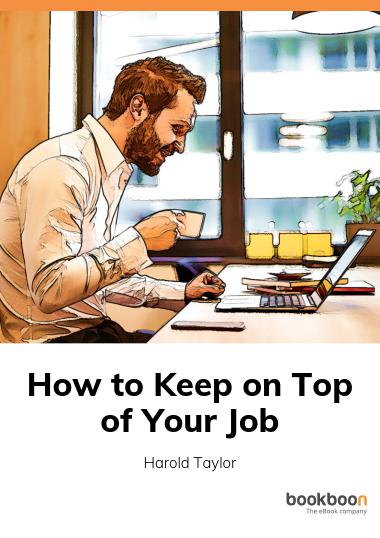How to be more productive and keep on top of your job

As we entered the new decade, many of us made the resolution to make 2020 the year we prioritise organisation and productivity. To do so is not impossible but without the right tools, can be difficult. Use these effective steps to make 2020 the most successful year of your career.
Get organised
People exert less self-control after seeing a messy desk than after seeing a tidy one. An organised office and home make it less of a strain to maintain self-discipline and consumes less energy. It has also been shown that visual clutter slows down the brain. That’s why clusters of road signs double the chance of missing the one you are looking for, and why website designers aim for simplicity. Clearing clutter from your desk and office, and leaving more wide-open spaces helps clear your mind so it will be more efficient.
Set fewer goals
Most people who do set goals, set too many. Productivity experts claim that an executive’s “To do” list for Monday often contains more work than can be done in an entire week. Your goals are those achievements that will have a major impact on your job and life, not everything that you would like to get done. Delegate, outsource or eliminate less important tasks. And those still not worthy of immediate action, add to your “To Do” list. Too much work is detrimental to your work. And you’ll never get ahead if you’re always behind.
Maintain an inventory of completed tasks
Use spare moments such as waiting time and commuting time to prepare repetitive tasks such as articles, newsletters and postings to maintain an inventory of completed tasks for future use. To get a head start on your future tasks, you could list all your repetitive daily, weekly or monthly tasks and activities and work on them whenever you have a few spare minutes. Don’t wait until the day they are due to start working on them. Since many of our activities are repetitive, you will save time in the future if you have articles or whatever already at hand.
Start at the end
The planning for any repetitive event, whether it be a sales conference or a company golf tournament, should start the day after the latest such event has finished. For example, if you organise an annual sales conference planning for the next one should start immediately afterward while everything is still clear in your memory. What went wrong? What went right? What could have been done better? If someone suggested a guest speaker at the event, is it a good idea? If so, start the search now. Don’t delay just because you have plenty of time or you may end up delaying it until you have forgotten things and even have trouble interpreting any cryptic notes you had written at the time
